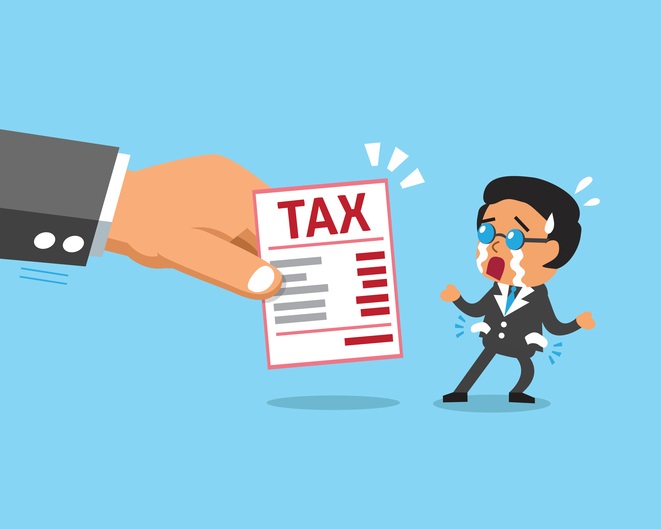The Ministry of Finance said Monday: “The UAE is exploring other tax options according to best international practices,” reports local newspaper The National.
“These options are still under analysis and study and it is unlikely they will be introduced in the near future. The UAE is not currently looking at introducing income tax.”
Anurag Mehta, secretary of the Institute of Chartered Accountants of India, suggested to newspaper Khaleej Times that other taxes could include a corporate tax or an additional taxation on luxury cars.
Highest happiness
The Emirates and Saudi Arabia will become the first Arabian Gulf countries to introduce VAT from 1 January 2018. It is hoped that the move will help the region cope with the low oil price and shore up dwindling government oil revenue.
Undersecretary of the UAE Ministry of Finance, Younis Haji Al Khoori, said Monday: “VAT was introduced in the UAE after in-depth studies indicating that there would be no impact on the business sector and the investment environment in the country, nor would it affect the country’s position and competitiveness should it be implemented.
“In fact, the UAE will implement the lowest VAT tax rate on a global level, with the aim of reaching the highest levels of happiness within the UAE community.”
The UAE introduced an excise tax on tobacco and energy drinks in October at a rate of 100% and a 50% rate on fizzy drinks.
In addition to introducing the above taxes in June, Saudi Arabia rolled out a monthly fee of SAR100 (£20, $27, €23) per expat dependent.








